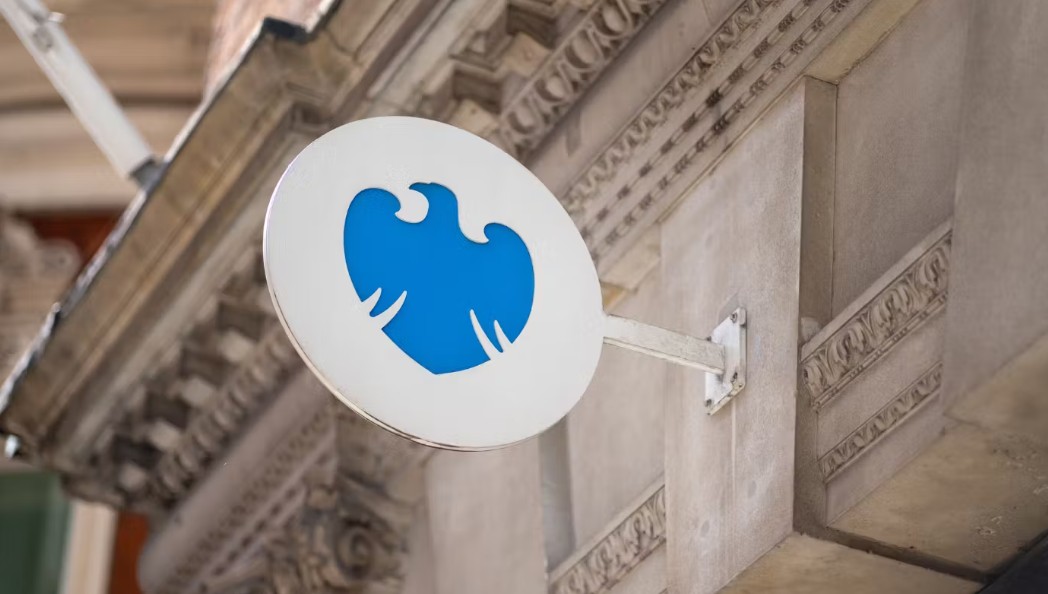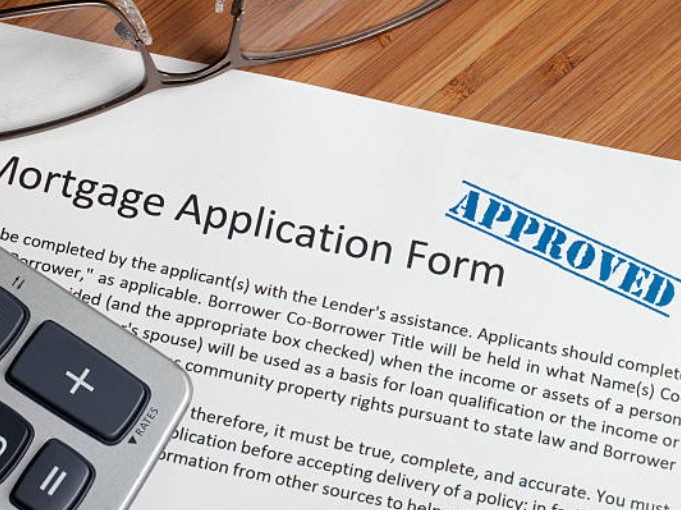Guarantor mortgages are a practical solution for homebuyers struggling to secure a mortgage due to financial limitations such as a low credit score or insufficient deposit. Essentially, a guarantor mortgage involves a third party, often a close relative, who agrees to take responsibility for the mortgage repayments if the borrower fails to meet the payment obligations. If you’re asking, “Which banks offer guarantor mortgages?”, this article will guide you through the leading UK lenders offering this type of mortgage and explain why they might be the right choice for you.
In this blog post, we’ll break down the top banks offering guarantor mortgages, the advantages and disadvantages, and what you need to know before applying.
What Is a Guarantor Mortgage?
A guarantor mortgage allows someone to help a borrower secure a home loan by offering security for the lender. The guarantor usually provides additional financial backing or pledges to make repayments if the borrower is unable to do so. Guarantor mortgages are particularly helpful for first-time buyers or individuals with poor credit histories who may not be able to secure a standard mortgage on their own.
Which Banks Offer Guarantor Mortgages?

If you’re wondering “Which banks offer guarantor mortgages?”, several well-known UK banks offer such products with varying terms and conditions. Here’s a look at the top choices:
| Bank/Lender | Guarantor Mortgage Option | Loan-to-Value (LTV) | Interest Rates | Additional Notes |
| Barclays | Family Springboard Mortgage | Up to 100% | Competitive fixed rates | The borrower doesn’t need a deposit; the guarantor provides the deposit. |
| Santander | Guarantor Mortgage | Up to 90% | From 3.39% | Guarantor must be a family member; offers flexibility in terms of security. |
| Nationwide | Family Deposit Mortgage | Up to 100% | Variable rates | Guarantor’s savings can be used as collateral. |
| Halifax | Guarantor Mortgage | Up to 95% | Fixed or tracker rates | The guarantor must reside in the UK and meet the bank’s financial criteria. |
| NatWest | Guarantor Mortgage | Up to 95% | From 3.49% | A guarantor can offer savings or property as security. |
| TSB | Family Link Mortgage | Up to 100% | Competitive rates | Flexible options, including property or savings for the guarantor’s security. |
Each of these banks offers unique features, but all allow close family members to act as guarantors.
What Are the Advantages of a Guarantor Mortgage?
Guarantor mortgages offer distinct advantages, especially for those who face challenges in securing traditional home loans. Here are some of the key benefits:
- Higher Loan Approval: With the added security of a guarantor, borrowers are more likely to be approved for larger loans.
- No Need for a Large Deposit: Many guarantor mortgage products eliminate the need for a substantial deposit, relying on the guarantor’s support instead.
- Improved Chances of Approval: Having a guarantor significantly boosts your chances of securing a mortgage, especially if your credit history is less-than-ideal.
- Competitive Interest Rates: In some cases, a guarantor mortgage can offer more favorable interest rates compared to standard mortgages.
What Are the Disadvantages of a Guarantor Mortgage?
Though beneficial, guarantor mortgages come with some risks and potential drawbacks. It’s important to be aware of these before making a decision:
- Guarantor’s Liability: Should the borrower default on their repayments, the guarantor becomes legally obligated to fulfill the financial commitment.
- Family Tensions: In many cases, the guarantor is a family member, and financial difficulties can create stress and tension in relationships.
- Limited Loan Options: Some guarantor mortgage products come with restrictions that limit your flexibility, such as difficulties when remortgaging or switching lenders.
How Do You Apply for a Guarantor Mortgage?

The process for applying for a guarantor mortgage is straightforward but requires careful attention to detail. Here are the key steps:
- Eligibility Criteria: Both the borrower and the guarantor must meet the lender’s eligibility criteria, which typically include credit checks, proof of income, and residence status.
- Choose the Right Lender: It’s crucial to compare mortgage deals to find the best interest rates and terms that suit your needs.
- Submit Documents: You will need to provide necessary documentation, including proof of income, ID, and, for the guarantor, proof of assets and financial stability.
- Sign the Agreement: Once the lender has assessed the application, the guarantor will sign the agreement, agreeing to take on the responsibility for the mortgage if the borrower defaults.
What Criteria Does a Guarantor Need to Meet?
Not just anyone can act as a guarantor for a mortgage. The person providing this support will need to meet specific financial criteria to ensure they can take on the responsibility if the borrower defaults. Here’s what they typically need to have:
- Age: Most banks require the guarantor to be at least 18 years old, though some have an upper age limit around 75 or 80.
- Strong Financial Standing: The guarantor needs a solid financial background, including a good credit score and adequate income to meet the mortgage payments if necessary.
- Property Ownership: In many cases, the guarantor will need to own property or have significant savings, as this can be used as collateral for the loan.
- Close Relationship: The guarantor is typically a close family member such as a parent, but some lenders may accept extended family or even close friends, depending on their financial situation.
How Does a Guarantor Mortgage Impact Your Credit Score?

A common question when considering a guarantor mortgage is how it might affect the borrower and the guarantor’s credit score. Here’s what you need to know:
- For the Borrower: If the borrower makes their payments on time, there should be no negative impact on their credit score. Missing payments could, however, damage the borrower’s credit and that of the guarantor.
- For the Guarantor: While the guarantor is not immediately responsible for payments, any missed payments will show up on their credit file, affecting their credit score.
- Building Credit: If the borrower has a poor credit score, a guarantor mortgage can help improve their credit rating as long as they stay current with their payments.
Conclusion
If you’re asking “Which banks offer guarantor mortgages?”, the UK offers several excellent options from banks such as Barclays, Santander, Nationwide, and Halifax. By choosing the right lender, understanding the benefits and risks, and meeting all eligibility criteria, a guarantor mortgage can be an effective way to secure a home loan, especially for first-time buyers or those with less-than-perfect credit histories.
Make sure to assess your financial situation, consider the potential risks, and consult with a financial advisor before committing to a guarantor mortgage.
FAQs About Guarantor Mortgages
Who can be a guarantor?
The guarantor is typically a close family member, such as a parent, grandparent, or sibling, who meets the lender’s financial requirements.
Can a guarantor lose their home?
Yes, if the borrower defaults and the guarantor is unable to cover the payments, the lender may pursue the guarantor’s property or assets.
How long do guarantor mortgages last?
Guarantor mortgages typically have the same term as a standard mortgage, which is usually 25 years. However, this can vary depending on the agreement.
Are guarantor mortgages available for first-time buyers?
Yes, many guarantor mortgages are specifically designed to assist first-time buyers who may struggle to save for a deposit or have limited credit histories.
Can a guarantor be released from the mortgage?
In some cases, after a certain period or when the borrower’s financial situation improves, the guarantor can be released from the mortgage.






